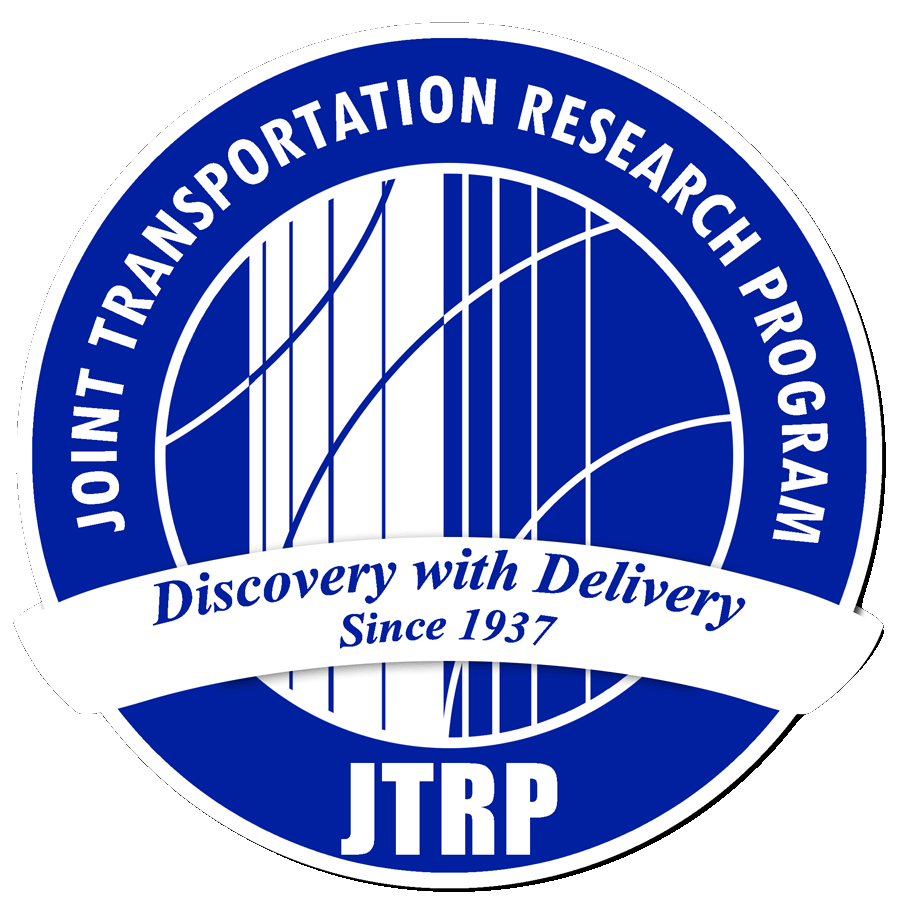Abstract
The strut-and-tie method (STM) is used for the design of D-regions (disturbed regions) of reinforced concrete structures. Many typical bridge substructure components consist of D-regions and warrant the use of the STM for design. Implementation of the STM is more complex than typical design methods, and engineers are often unfamiliar with the design process. As a result, designing using the STM is more time consuming than traditional design methods. The Indiana Department of Transportation (INDOT) identified a need for resources and tools that assist with the design of typical bridge substructure components using the STM. The primary tool created to fulfill this role is a computer program titled STEP (Strut-and-Tie Evaluation Program). To use the computer program, engineers input geometric conditions, material properties, reinforcement information, and loading conditions for a structural component. STEP uses this information to develop a strut-and-tie model and perform STM design procedures. A graphical representation of the model and a summary of the design results are provided as program outputs for the user. STEP, created using Excel VBA, is intended to aid in the design of multi-column bent caps, straddle bent caps, and integral and semi-integral end bent caps. To accompany the computer program, a guidebook was developed to provide basic STM guidance, describe the procedures that are executed by STEP, and present instructions for using the program for the design of bridge substructure components.
Keywords
strut-and-tie method, D-region, bridge substructure, deep beam, bent cap, design tool, computer program
Report Number
FHWA/IN/JTRP-2020/01
SPR Number
4233
Sponsoring Organization
Indiana Department of Transportation
Performing Organization
Joint Transportation Research Program
Publisher Place
West Lafayette, IN
Date of Version
2020
DOI
10.5703/1288284317112
Recommended Citation
Vicksman, A. S., Williams, C. S., & Howarth, M. A. (2020). Implementing the strut-and-tie method for the design of bridge components (Joint Transportation Research Program Publication No. FHWA/IN/JTRP-2020/01). West Lafayette, IN: Purdue University. https://doi.org/10.5703/1288284317112
SPR-4233 Appendices.pdf (10396 kB)
Appendices: Strut-and-Tie Evaluation Program (STEP) Guidebook


